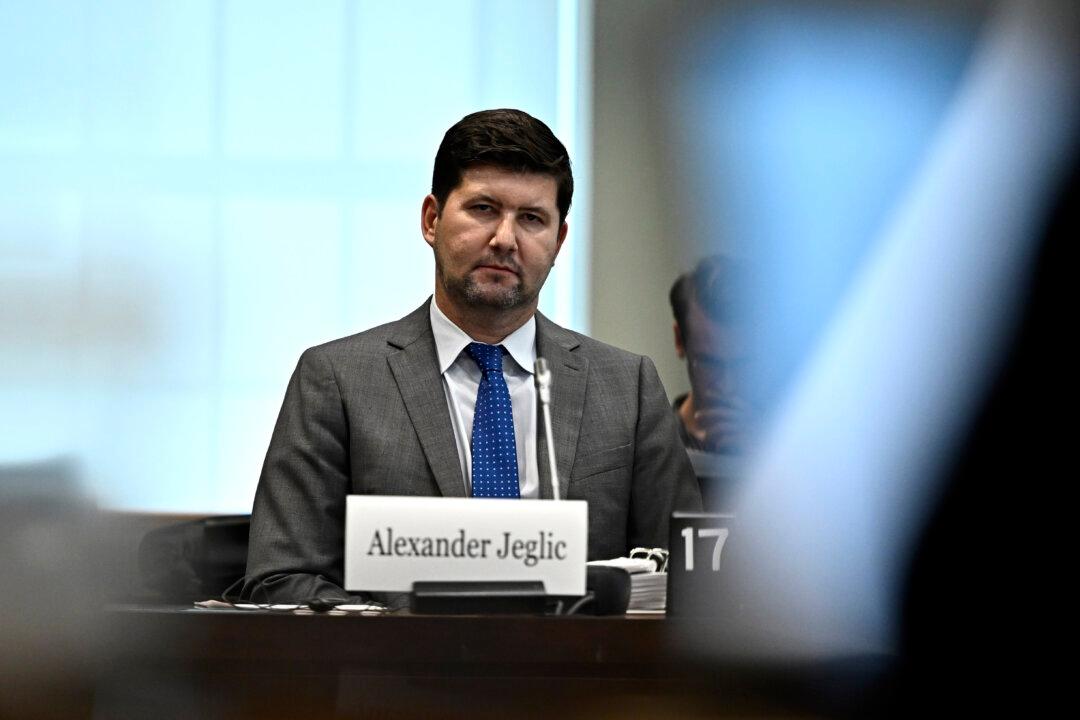Canada’s federal procurement watchdog is considering a wider probe into a contracting practice known as “bait and switch,” following its review of the ArriveCan contracts.
The scheme involves an unknown number of companies obtaining contracts based on proposed work from professionals who ultimately don’t actually work on the projects.





